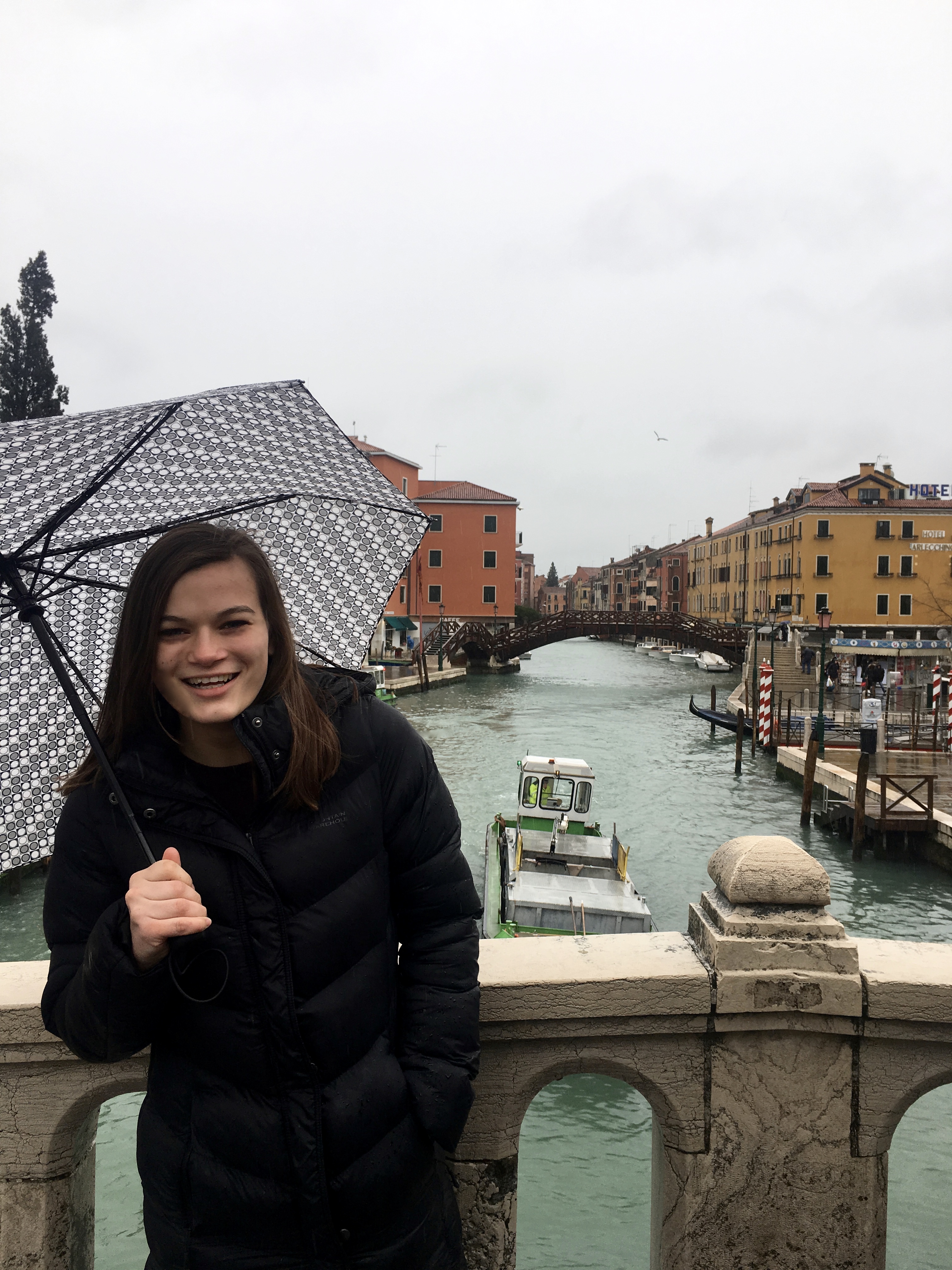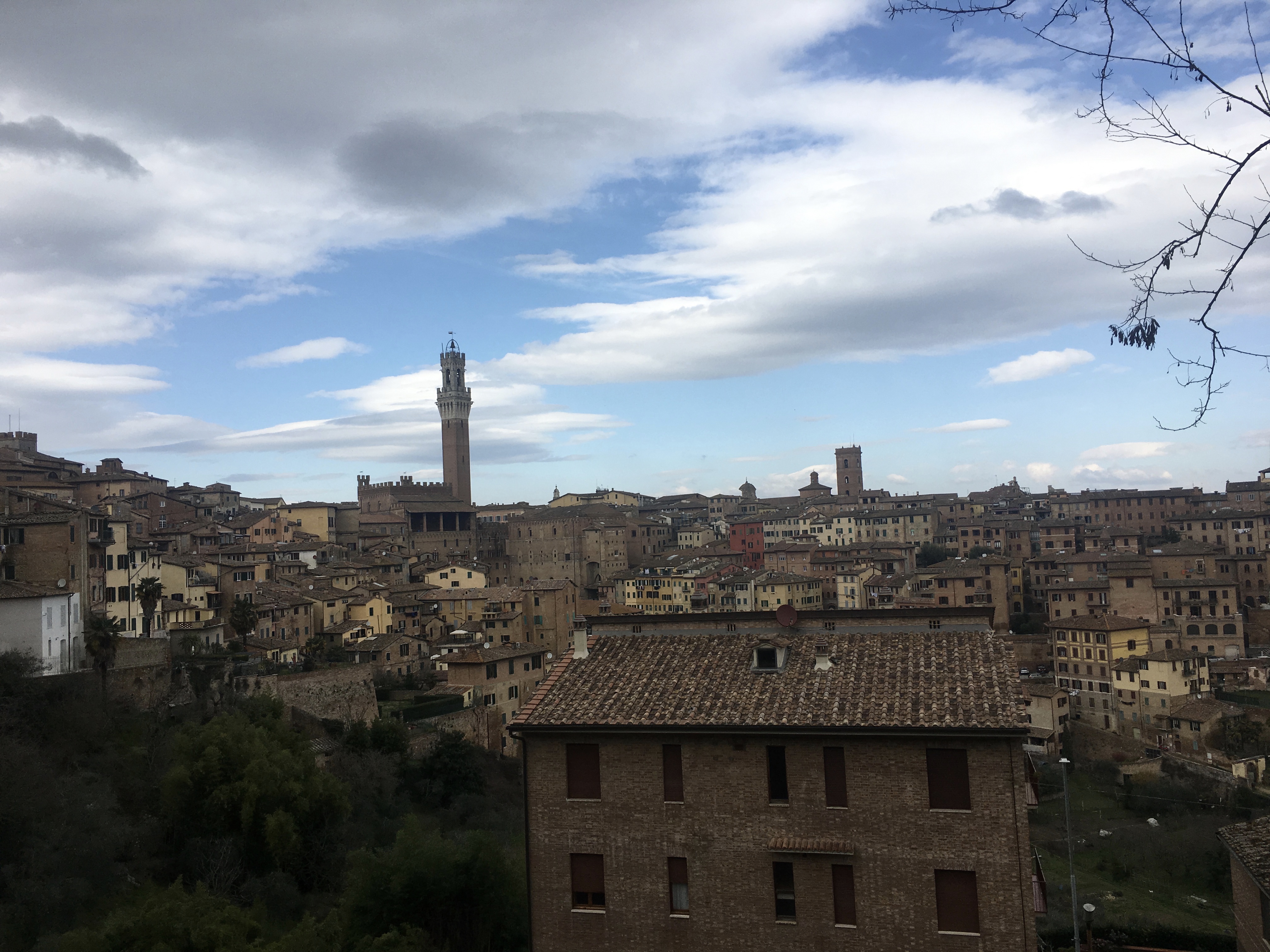
It was never my plan to declare a major during my junior year at Hope. I had a solid psychology major in process and on the way to completing my degree. My feet were firmly planted on the on the snowy sidewalks of Holland, so it was a surprise to many, especially my parents, when I changed my history minor into a second major. I am pursuing two majors in what appears to be two very different fields. On the surface, one is a social science while the other has roots in the humanities. However, what many people do not realize is how perfectly these two majors complement each other. In fact, I am surprised the world has not officially declared them sister fields of study and made some sort of interdisciplinary course requirements for both majors.
As I grew up, I was never certain of my future. One day I would be convinced that I should become a counselor, and the next I was planning out my world travels as a professional journalist. There was barely a career aspiration that lasted longer than a month or two, so upon coming to Hope, all I was certain of was that I was uncertain about everything. Nevertheless, when one is taking classes and paying tuition, there tends to be an urgency to find and create a path for themselves. Through personal reflection, I tried to find a common thread behind each of my potential professional interests. What I found is that I love more than anything is trying to understanding people: what people do, and more importantly, why they do it.
With this in mind, I felt the obvious major to pursue was psychology. I get to take classes where I learn the inner workings of the brain, the science of behavior and what defines a person as a unique individual. We learn to understand motivations, likes, dislikes, and quirky traits. However, all this understanding of the human mind still left me feeling unsatisfied. I, therefore, decided to consider a history major because I love stories. As we know by studying works of historical non-fiction, a person’s motivation is nothing without their succeeding actions. In the big picture, what a person chooses to do and how that affects others is essential to understanding the world in which we live. Choices, actions, and consequences all mingle together to create the century-old web we know as history.

This semester I am pursuing an incredible opportunity to study history in Siena, Italy. In my course, The Black Plague we began by learning the facts and numbers: which areas succumbed to the disease first, the death toll, and so on. I like to refer to this information as “Jeopardy Questions.” That is, Quick facts that would likely come up on everyone’s favorite prime-time trivia show. However, as historians, we are called to uncover more. In the course, we have been able to read primary source material, personal journals, and books written during the medieval time. Citizens of the day believed the plague was the end of the world, so once it was over chaos ensued across Europe. There was a power grab and extensive slaughter ensued. Citizens were scared and those who survived saw an opportunity to change their fate. People wanted answers for why this awful disease took so many and affected everyone. Christians blamed Jews, and brother abandoned brother. I was able to research the uncertainty, the conflicts, and the impact. I learned about the choices, the actions, and the consequences. In other words, I used insights from each discipline to develop a more intimate understanding of this tragic event.
“History is written by the victors.” This famous quote by Winston Churchill tends to encapsulate much of our study of the distant past. After all, history is made up of stories, written about people, by people, and for people about the human condition. Psychology and history are two sides of the same coin. On one side, history teaches us how human nature affected the past. We learn details about kings and queens, generals, and the ordinary of all ages who lived in different social/political structures and made an impact on the world. On the other side, psychology teaches us the relationship between the individual and the social, the nature of why people built or followed the paths that they did.
I am happy with my choice to combine psychology and history. The two fields complement one another and strengthen the learner. I truly feel I am a better historian because I know how to look at the past through the lens of a psychologist.

